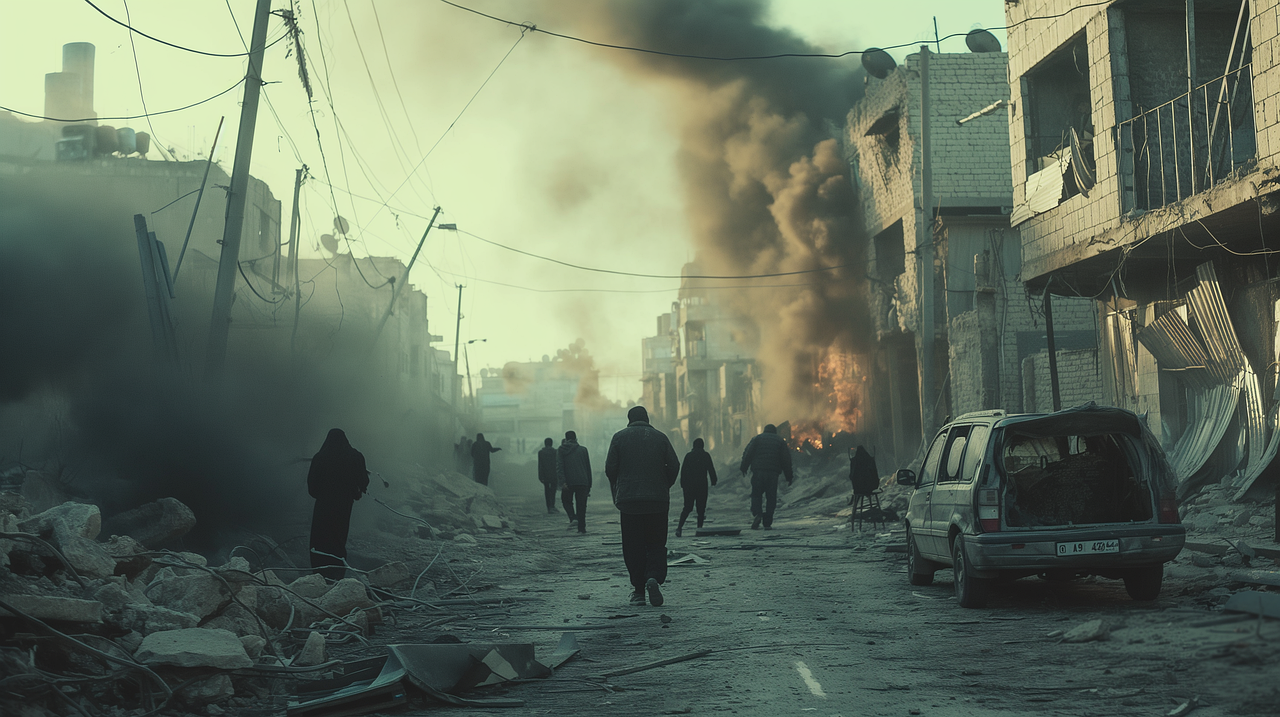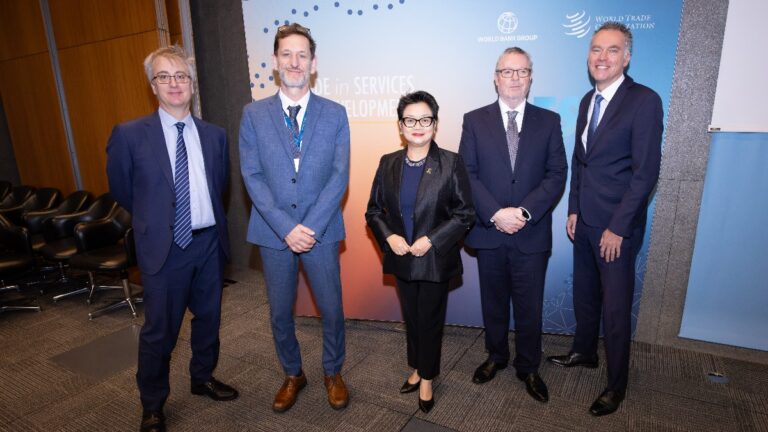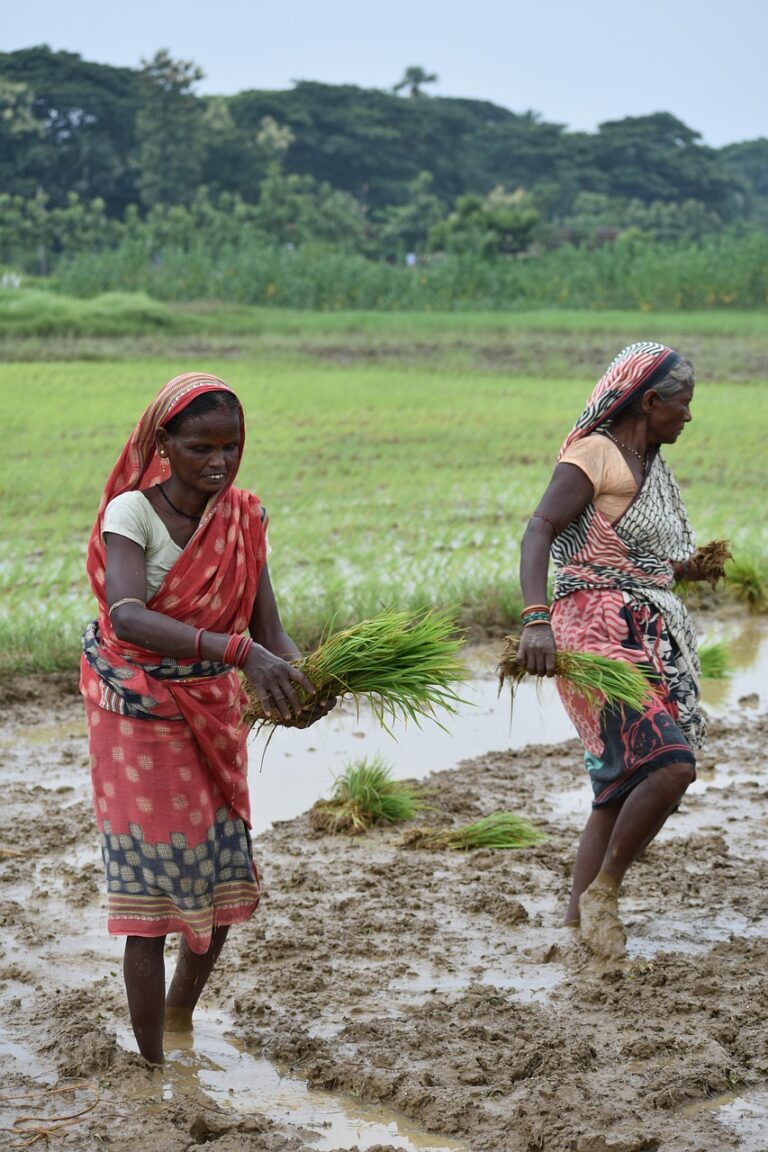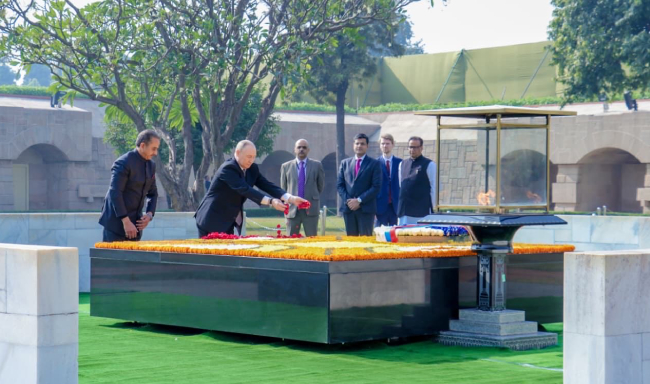
Gaza/Cairo/Jerusalem/Amman/Geneva: The third phase of the polio vaccination campaign in Gaza, which was set to begin today, has been stalled because of a lack of access due to intense bombardments, ongoing attacks on civilian infrastructure, mass displacement orders and the absence of assured humanitarian pauses in northern Gaza.
With the escalating violence across most of northern Gaza, the Polio Technical Committee for Gaza, including the Palestinian Ministry of Health, the World Health Organization (WHO), the United Nations Children’s Fund (UNICEF), the United Nations Relief and Works Agency for Palestine Refugees (UNRWA) and partners announced it postponed the campaign.
The final phase of the ongoing campaign aimed to vaccinate 119,279 children across northern Gaza. All logistics, supplies and trained human resources were prepared to vaccinate children across northern Gaza with a second dose of novel oral polio vaccine type 2 (nOPV2), following a first round conducted across the Gaza Strip from September 1-12, 2024. However, given that the area currently approved for temporary humanitarian pauses was substantially reduced—now limited only to Gaza City, a significant decrease from the first round—many children in northern Gaza would have missed out on the polio vaccine dose, WHO stated today.
The delay in administering a second dose of nOPV2 within six weeks will now reduce the impact of two closely spaced rounds on concurrently boosting the immunity of all children and interrupting poliovirus transmission, WHO said.
Moreover, having a significant number of children miss out on their second vaccine dose will seriously jeopardize efforts to stop the transmission of poliovirus in Gaza. This could also lead to the further spread of poliovirus in the Gaza Strip and neighbouring countries, with the risk of more children being paralyzed.
Since the rollout of the second round of the polio campaign in Gaza on 14 October, 442,855 children under ten years have been successfully vaccinated in central and south of the Gaza Strip – 94% of the target in these areas. A total of 357,802 children between two to ten years received vitamin A supplements as part of efforts to integrate the delivery of polio vaccine with other essential health services in Gaza.
However, the current conditions, including ongoing attacks on civilian infrastructure, continue to jeopardize people’s safety and movement in northern Gaza, making it impossible for families to safely bring their children for vaccination, and for health workers to operate.
To interrupt poliovirus transmission, at least 90% of all children in every community and neighbourhood must be vaccinated – a prerequisite for an effective campaign to interrupt the outbreak and prevent its further spread. Humanitarian pauses are essential for its success, allowing the agencies to deliver vaccination supplies to health facilities, families to safely access vaccination sites, and mobile teams of health workers to reach children in their communities.
It is imperative to stop the polio outbreak as soon as possible before more children are paralyzed and the poliovirus spreads further. It is crucial, therefore, that the vaccination campaign in northern Gaza is facilitated through the implementation of the humanitarian pauses, ensuring access wherever eligible children are located.
WHO and UNICEF today urged all parties to ensure that civilians, health workers, and civilian infrastructure, such as schools, shelters, and hospitals, are protected and renew their call for an immediate ceasefire.
Meanwhile, on October 21, in all, 14 patients and 10 caregivers were transferred from Kamal Adwan in North Gaza to Al-Shifa Hospital in Gaza City during a high-risk, WHO-led joint mission, amid intense hostilities and access restrictions. Despite an initial agreement, the delivery of critical medical supplies, blood, and fuel—resources essential for keeping Kamal Adwan and Al-Awda hospitals operational – was denied just a few hours before the mission began on October 20.
The mission lasted two days, with the team facing delays at successive checkpoints, and during extensive security screenings. The team was forced to stay overnight at Kamal Adwan Hospital, as they were not cleared to proceed to Al-Shifa Hospital due to active conflict in the area. Heavy bombardment continued near the hospital throughout the night, causing distress among patients, health workers and the mission team. The team was only able to proceed to Al-Shifa Hospital around midday on October 21. En route to Al-Shifa, all patients were taken out of the ambulances for a security screening. Some patients on stretchers were left lying on the ground for some time during the screening, while some partner staff were subjected to humiliating treatment, WHO claimed.
This was the fourth WHO mission to the north of Gaza since October 1. So far this month, out of the 21 missions requested by WHO, only 6 were facilitated, the majority being denied or impeded.
Kamal Adwan Hospital remains partially functional but is struggling to meet growing needs due to intensified hostilities in the north and a shortage of medical supplies and fuel. A strike near the hospital causing damages to the gate was reported earlier on October 22. There were 95 patients in the hospital, including 15 in intensive care (including four requiring continuous life support) seven of whom were children. Over the last two days, at least 200 severely injured people and 53 dead bodies were brought to the already overwhelmed hospital. Damaged roads, combined with ongoing hostilities, are severely disrupting safe access to the hospital. If patients, ambulances, and health workers are unable to reach the facility, and partners cannot resupply it, the hospital may soon become non-functional.
As hostilities intensify in North Gaza, WHO is deeply concerned about the last two functional hospitals – Kamal Adwan and Al-Awda – which must be protected. A complete lack of health care in North Gaza would make an already catastrophic situation worse, and lead to more lives being lost.
One year on, health care continues to be attacked and deprived of supplies and fuel, while WHO’s ability to regularly reach health facilities is severely compromised due to mission delays and denials.
WHO reiterates its call for unimpeded access to health facilities, reliable and timely facilitation of missions, sustained flow of aid into and across Gaza, protection of health care, and above all a ceasefire.
– global bihari bureau
Image by Save_Palestine from Pixabay





